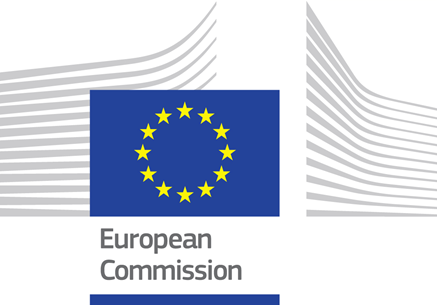
The National Statistical Institute has started work under the ‘Income and Living Conditions (ILC) - Statistical infrastructure under IESS - SILC 2023 module’ project since September 2021. The implementation of the project is in accordance with the Grant Agreement with the European Commission N 101100575 - 2022-BG-SILC.
The new EU-SILC legal acts require: improved timeliness; shorter deadlines for EU-SILC data transmission; improved precision; additional/changed EU-SILC variables; data collection in three frequencies: yearly, 3-yearly modules, 6-yearly modules; possibility of extending the longitudinal panel. The new legislation enforces the need for enhancements in the EU-SILC data collection, processing, transmission and reporting. The implementation of the project activities will provide an opportunity to improve the data processing; fulfil the technical requirements for the 2023 3-yearly module on Labour market and housing, and the 6-yearly module on Intergenerational transmission of advantages and disadvantages, Housing difficulties, as well as the ad hoc policy need subject on Energy efficiency/poverty to be implemented in 2023; and to develop new detailed topics for data collection (Art. 14, Regulation 2019/1700) (e.g., voluntary module on impact of COVID-19), and provide quality data from the survey.
In order to fulfil the main objectives of the project, the following main activities are planned to be undertaken:
The expected results from the action are the optimization of data collection and data processing methods, according to the new requirements on multiannual rolling planning and methodological guidelines provided by Eurostat. The activities will support the introduction of changes for BG-SILC data collection, technical implementation and increased efficiency of microdata processing and transmission to Eurostat according to methodological guidelines.
The duration of the project is 19 months and will end in March 2024.
Copyright © 2025 NSI All rights reserved